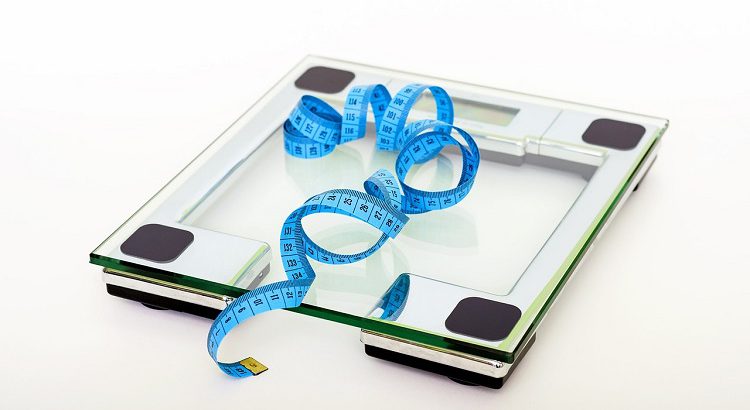Each month, a health care professional will weigh in on a health and wellness myth and will explain the real cause behind the malady.
This month’s misconception: causes of weight gain
I frequently hear from my female patients that they fear the weight gain associated with birth control. While weight gain used to be a common side effect of birth control medications, that is not the case today.
About 10 or 15 years ago, birth control contained higher levels of estrogen that could cause weight gain. But today, the hormone levels in most birth control products (pills, implants, IUDs) are significantly lower. That’s not to say that there won’t be some fluctuation in weight the first three months as your body adjusts, but there should not be long-term weight gain.
Of course, there is always an exception to the rule; Depo-Provera birth control shots can cause women to gain weight.
Weight gain from eating late at night is another myth. For all intents and purposes, a calorie is a calorie. It’s more about what you eat rather than the time of day (or night) you eat it.
Let’s be honest. If you’re snacking late at night, you’re not reaching for an apple. You’re more likely reaching for snacks, convenience foods or leftover pizza—high-calorie foods.
Your body isn’t using as much energy because it is preparing for sleep, and will likely store those calories as fat instead of burning them.That may sound like eating late at night does make you gain weight, but to be clear: it’s not the act of eating late at night that is the problem. It’s the high calorie food that you are eating late at night.
However, you don’t have to go to bed hungry. If you are going to do some late night snacking, choose a snack high in protein, such as almonds, hummus or cottage cheese.
Stephanie Buckley, M.D., of Carroll Health Group Primary Care, sees patients in Mount Airy.
